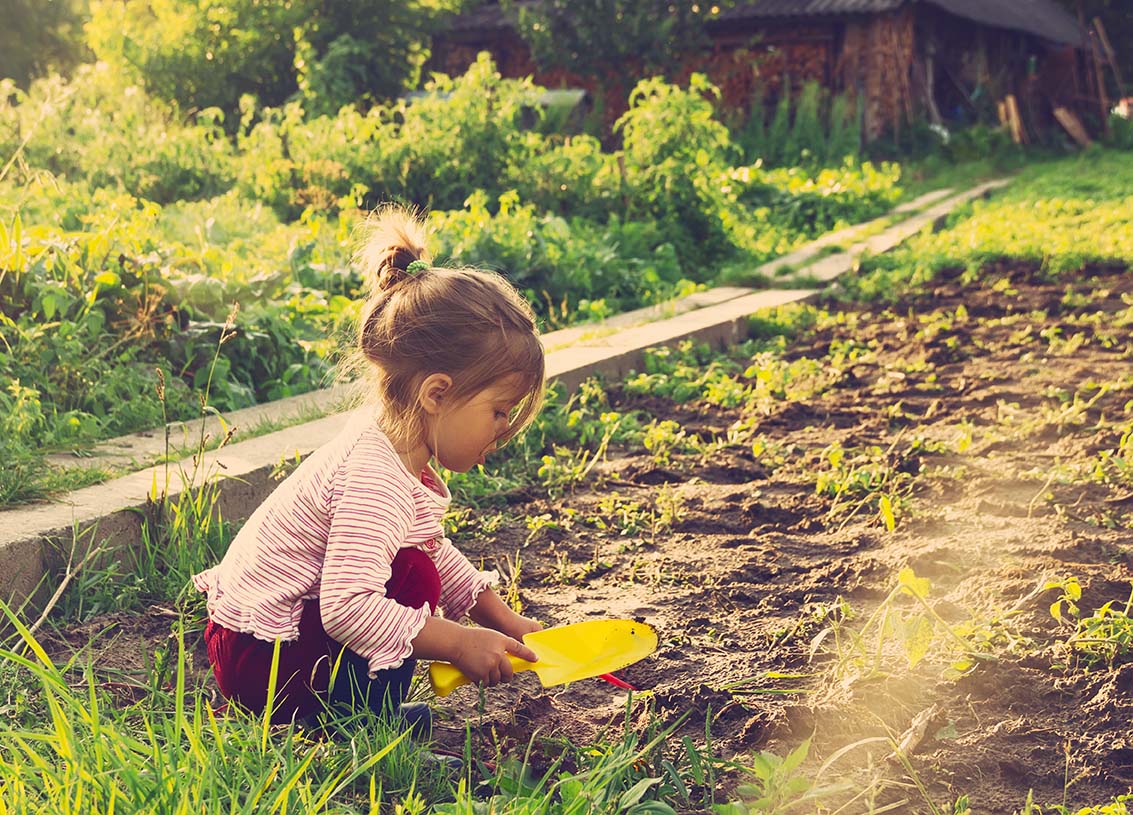By Karla Gilbert
Karla Gilbert is an accredited Nutrition and Health Coach, and a mum of two girls. She shares her top tips for the best seasonal produce as we move into autumn.
As we move from summer into autumn, the weather throws hints of cooler nights and we shift to a need for comforting, warming dishes. Seasonal fresh produce such as apples, broccoli, celery, cauliflower and carrots should be taken advantage of and provide the best of what’s in season.
Here are four seasonal autumn items to be sure to have in your pantry this season…
Apples
Children love apples and they are such a universal fruit to have on hand for a variety of dishes. From sweet to savoury – apples are easily cooked down to provide subtle sweetness without added sugars.
Apple puree can be used in a variety of different ways – and as your baby moves beyond 12 months of age you can add it to crumbles, pies, muffins, cookies or simply dehydrated and dried. Fresh cut apple rings add a twist of novelty to a snack as they become doughnut shaped, and a base for adding yoghurt, shredded coconut, a sprinkle of oats or berries. Be as creative as you like!
Finely chopped apples also make a great salad accompaniment’ or, when stuffed in a pork fillet, add a lovely sweetness to a recipe. You might also like to add them to lentil or vegetable soups, giving a wonderful final result the children will enjoy.
Cauliflower
You may have haunting thoughts of overcooked, steamed cauliflower from when you were a young child that make you cringe at the thought of eating it. But cauliflower has come a long way in the past couple of years and is now seen as a bit of a superhero in the plant-based eating world due to its versatility and ease.
Not only is a cauliflower a great veggie to include in your pasta sauces, as it is virtually non-detectable – it is awesome to bump up nutrition when used as a ‘rice’ (processed finely to resemble grains), used in a cheesy bake with potato, add to curries, or baked alongside other Autumn veggies.
Celery
Celery is one of those veggies that speaks for itself and is best eaten raw. Children love anything that makes eating food fun and celery is the clear leader in this category. Ants on a log is the easiest and most recognisable way (peanut butter with sultanas on celery stick), but you can be inventive by using grapes to create caterpillars on a log, half apple slices to form the shape of a snail shell or cream cheese or ricotta as a simple dip.
Of course, celery is also nice in a stir-fry, apple slaw and easy to include in any hidden veggie dishes or juices you offer.
Carrots
Carrots are not just for reindeer and have been taken for granted for far too long! Cheap, brightly coloured and a great source of nutrition – carrots deserve to be put in the spotlight!
Grated, baked, pureed, juiced, used in rissoles, salads, sauces or just eaten whole – carrots have a sweetness that also makes them easy to include in cakes, muffins and overnight oat soaks or bliss balls (see recipe below).
RECIPE: Carrot Cake Energy Balls

Ingredients
2 large carrots
1 cup quick oats
1 cup medjool or dried dates
2 tbsp cinnamon
1 tbsp nutmeg
1 tsp natural vanilla
½ cup sunflower seeds
¼ cup sesame seeds
How to Make
- In a food processor, process the carrots until finely chopped. Add the dates, seeds, spices, oats and vanilla and process until combined on high speed. The mixture will tend to stick to the side of the bowl so scrape down if need be to combine.
- Shape the balls by using a heaped tablespoon at a time. As an option, roll in additional cinnamon or shredded coconut. Place in a container and chill to firm for at least 30 minutes.
